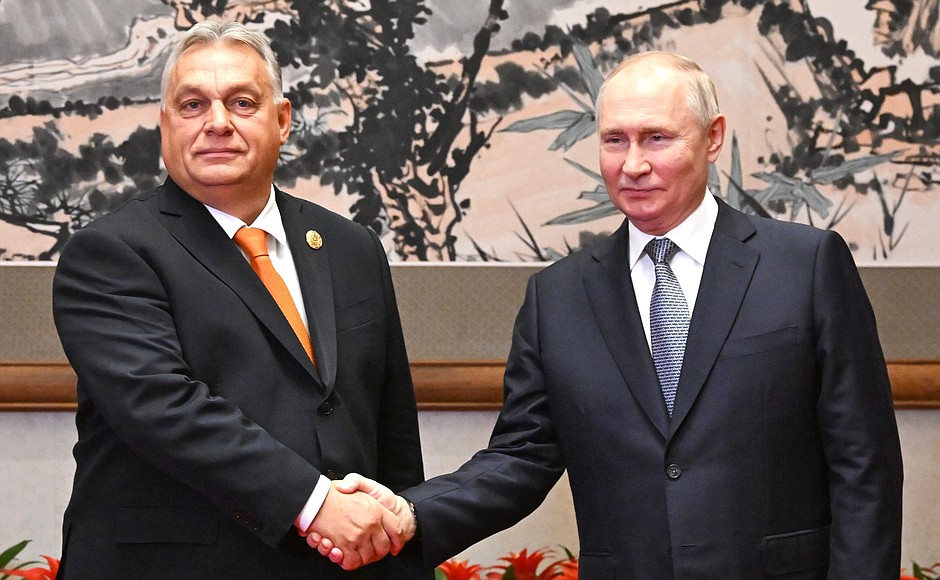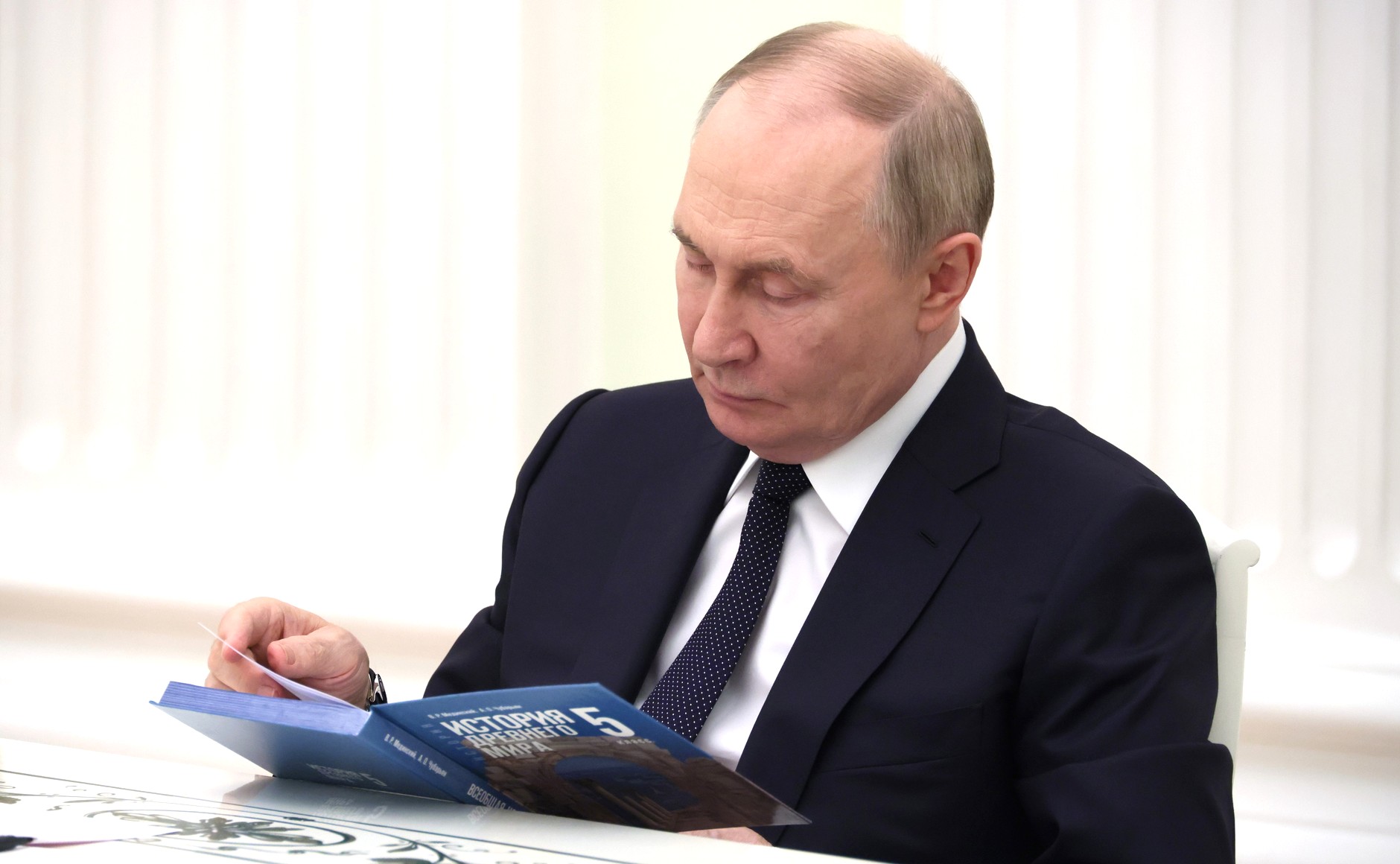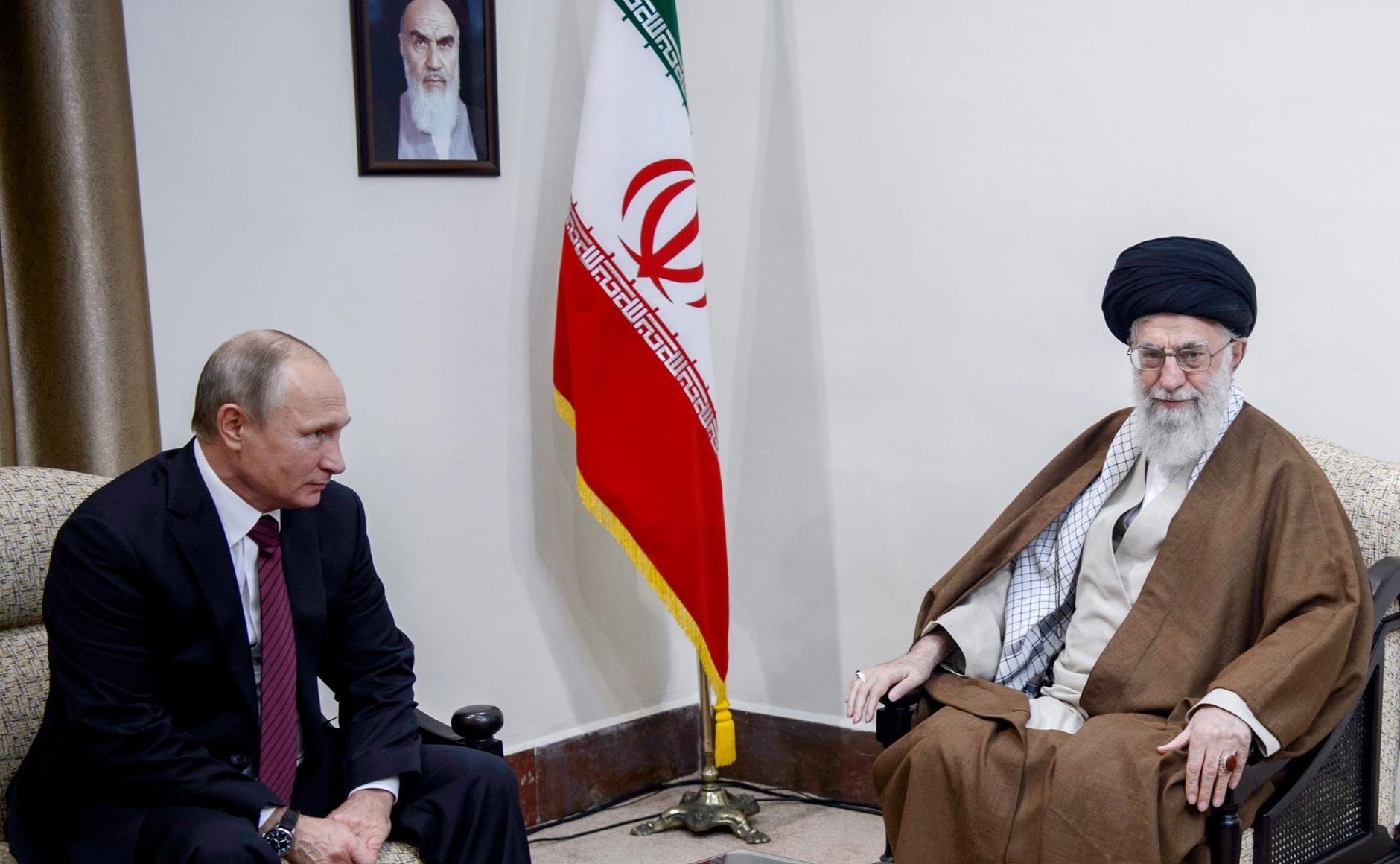
Budapest’s Use of Hungarian Issue in Ukraine Helps Orbán and Moscow, Hurts Kyiv and Chisinau
Budapest’s Use of Hungarian Issue in Ukraine Helps Orbán and Moscow, Hurts Kyiv and Chisinau
Executive Summary:
- Budapest has long been concerned about the status and treatment of ethnic Hungarians living in neighboring countries and, most recently, has been more outspoken in defense of those Hungarians living in Ukraine.
- Hungarian Prime Minister Viktor Orbán has elevated that defense to the point of brinksmanship, reflecting his own electoral needs and efforts to curry favor with Russia’s Vladimir Putin.
- Orbán’s rhetoric and moves threaten to complicate EU accession talks for Ukraine and Moldova, though several compelling reasons highlight that he may change course if he concludes that his actions will hurt his hold on power.
Budapest has long played up issues surrounding the 150,000-strong Hungarian minority in Ukraine and other Hungarian minorities across Eastern Europe to mobilize nationalist support at home and to advance its foreign policy goals (see EDM, June 3, 2020). No Hungarian leader has done so more openly and vigorously than current Prime Minister Viktor Orbán has with the Hungarians in Ukraine. Orbán relies on Hungarians abroad who hold dual citizenship, which more than half of his 150,000 co-ethnics in Ukraine have, and can vote for his party, Fidesz, as they overwhelmingly do (Portfolio.hu, April 9, 2022; Novaya Gazeta Europe, June 17). More importantly, the Hungarian premier views this issue as one that allows him to boost his status by currying favor with Russian President Vladimir Putin and undermining the unity of Western institutions, including the North Atlantic Treaty Organization (NATO) and the European Union.
Orbán’s latest moves came to a head over the past week as Budapest engaged in brinksmanship on the issue of EU accession talks with Ukraine and Moldova. He demanded and received a commitment from Brussels to make the language issue central to the status of Hungarians in Ukraine and subsequently agreed that accession talks with Kyiv could open as planned. That exchange, however, may not turn out be the achievement that the Hungarian leader and his Kremlin ally believe it to be—a conclusion suggested by past developments on this issue. (On that precedent, UNIAN, February 14, 2018; see EDM, July 17, 2018.)
The European Union offered candidate status to Ukraine and Moldova a year ago. Budapest made clear that it would insist on discussing the linguistic and political rights of the Hungarian minority in Ukraine before agreeing to accession talks (Telex.hu, September 25, 2023; News.ru, October 14, 2023). Many feared that Hungary’s position would kill the possibility of any talks. This was especially the case as Hungarian officials pointed out that the Venice Commission, which monitors the extent to which laws in applicant states correspond to EU standards, had already found Ukraine to be in violation of those standards regarding the Hungarian language (Council of Europe, June 12, 2019). The commission argued that Kyiv, despite some modifications in its laws, had clearly not done enough. (On Ukraine’s concessions to the linguistic rights of Hungarians and other minorities, see EDM, June 4, 8, 2020; Novaya Gazeta Europe, June 17). In January, the European Union set up a working group to resolve the issue. That body, however, had apparently made little progress until earlier this month when discussions heated up as the planned date for the beginning of accession talks approached and as Hungary was set to take over the rotating EU presidency—a development that could further complicate the situation for Ukraine.
On June 15, representatives of the other EU member states finally agreed to include in accession talks Hungary’s demands that Ukraine cancel all of its language laws adopted since 2015 to ensure that the accession process will go ahead as scheduled. Not surprisingly, both Hungarian and Russian officials have been jubilant in celebrating this seeming victory for their policies intended to weaken the European Union and other transatlantic institutions and reduce the chances that the West will continue to support Ukraine (News.ru; Topwar.ru; Smotrim.ru, June 15; TASS, June 18).
Three reasons, however, cast doubt that Hungary’s “achievement” will be as great as some in Budapest and Moscow hope. First, despite the ways in which Budapest and Moscow are presenting EU actions, Brussels’ acceptance of the Hungarian demands only includes them in the negotiations. It does not necessarily determine the outcomes. As talks proceed, the final agreement about the inclusion of Ukraine in the European Union may not have the provision on this point that some now expect. Second, Ukraine has shown itself extremely flexible with its language laws, modifying them and delaying their application whenever such legislation threatens the ability to achieve its larger goals of integration with the West. The current rules have already been softened and extended several times and are likely to be further modified and softened, reducing Budapest’s ability to find allies for its position. Third, more ethnic Hungarians in Ukraine are increasingly skeptical that Orbán is really interested in helping them. Instead, many believe that he is using them to win favor in Moscow and as a buffer against Brussels (Politicalcapital.hu, December 20, 2023; Novaya Gazeta Europe, June 17).
Some of the Hungarians in Ukraine, even those with dual citizenship, have petitioned Budapest to stop interfering in Ukrainian affairs and to not impede Ukraine’s accession to the European Union (Telex.hu, December 12, 2023). They also say they are less likely to vote for Orbán’s party in the future and thus will become less important for him. Given the Hungarian premier’s transactional approach to politics (for the latest example of this, see Orban’s agreement to approve the new candidate for NATO secretary-general in exchange for specific concessions, Nezavisimaya Gazeta, June 18), Orbán may very well pull back again, especially if Western leaders come to view his words as reflecting his goals rather than the interests of those he claims to support.
Even if that is the case, it does not mean that the problems this latest dustup has highlighted are over. Orbán seems to be a committed anti-globalist and seemingly believes that Moscow will win in Ukraine. Thus, he will benefit most by aligning himself with the Kremlin (78.ru, May 31). The Hungarian leader will certainly have many opportunities once accession talks with Kyiv begin to delay the process until the outcome of the war in Ukraine is clear.
Beyond Ukraine, another problem is looming on the horizon: Moldova. Chisinau will be part of the same accession talks as Kyiv. Some in Moscow are already suggesting that the European Union’s willingness to make concessions on the language rights of the Hungarians may become a “precedent” for Moldova and its relations with Transnistria and its largely Russian-speaking population. Such a development may set the stage for that breakaway republic to gain independence given Chisinau’s hardline stance on its status (see EDM, June 23, 2022; Nezavisimaya Gazeta, June 16).
In short, Orbán and Fidesz will no doubt continue to cause problems in the region to benefit themselves and the Kremlin. The Hungarian premier, however, may find himself outmaneuvered and decide to change course, especially if he concludes that his actions on the international scene are not paying dividends at home.


